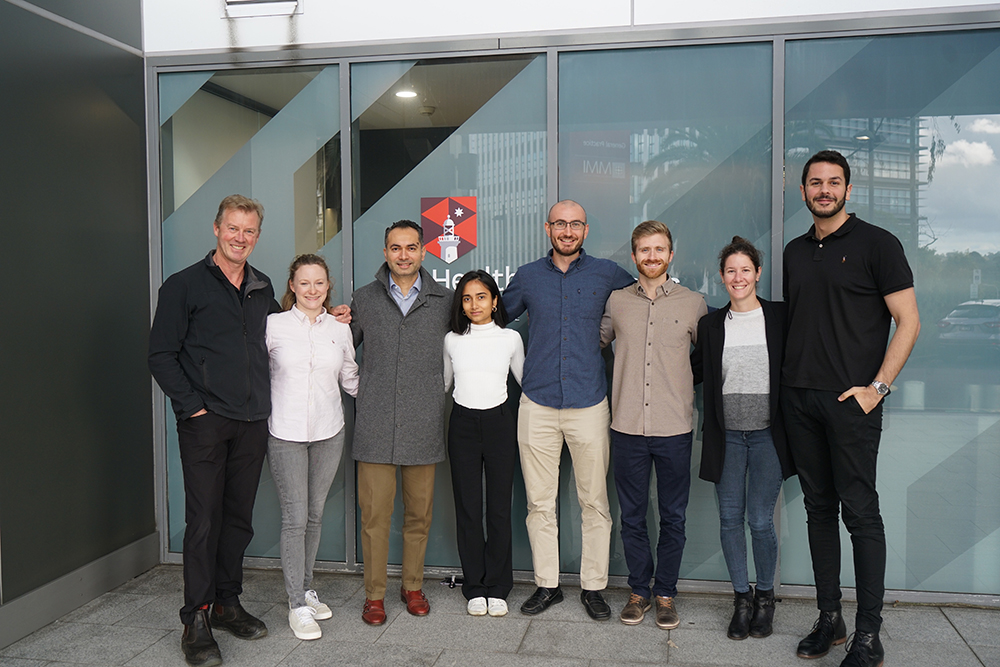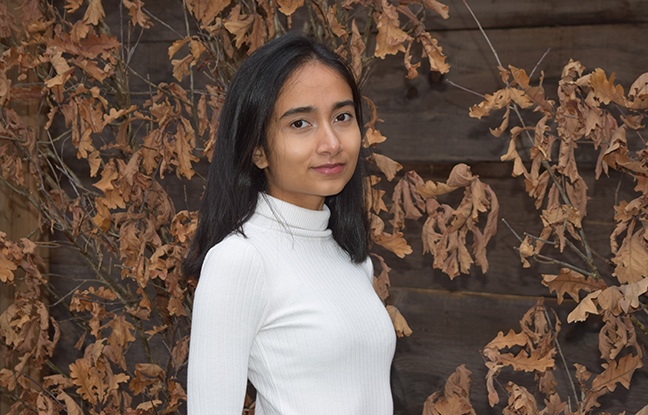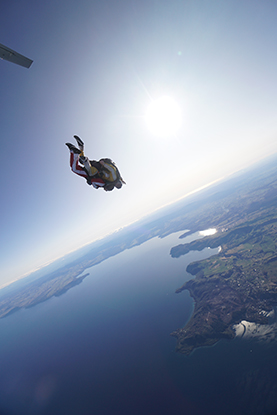Media
Contact
Communications Specialist
Faculty of Engineering
Spencer Engineering Building
Room 2072
Western University
Tel: 519-661-2111 ext. 87015
Email: engineeringcomms@uwo.ca
A Journey Across Continents: Q&A with Mubina Merchant on her International Research Expedition

(L-R) Richard Appleyard, director of clinical skills training, Gwendolin Prusa, PhD candidate at Western University, Dr. Sumit Raniga, orthopaedic shoulder and elbow surgeon, Mubina Merchant, undergraduate mechatronics and biomedical engineering student at Western University, Robert Potra, research engineer at Mathys Ltd Bettlach, David Axford, PhD candidate at Western University, Melody Labrune, PhD candidate and Moe Haddara, Postdoctoral Research Fellow in Biomedical Engineering at Macquarie University in Sydney Australia.
For her Undergraduate Summer Research Internship (USRI) program, Mubina Merchant, a dual degree Mechatronics and Biomedical Engineering student, had the distinct honour of being the inaugural representative of Western Engineering’s Undergraduate Biomedical Engineering Program at the Translational Shoulder Research Lab at Macquarie University in Sydney, Australia.
In this Q&A feature, Mubina takes us through her transformative research expedition, sharing insights, challenges, and moments of discovery on the other side of the world.
Can you share your motivation for pursuing a dual degree in Mechatronics and Biomedical Engineering? How do you see these fields intersecting in your professional journey?
From the start, I was curious about the practical applications of my knowledge. Combining Mechatronics and Biomedical Engineering opens doors to innovative projects where skills from both fields can be seamlessly integrated to produce solutions that have a noticeable impact on lives. Growing up, I had not seen a substantial representation of women in the field, so seeing myself in this role today is important. It shows that I, and many women like me, can do much more.

Tell us about your role as the inaugural representative of Western Engineering’s Undergraduate Biomedical Engineering Program at the Translational Shoulder Research Lab in Sydney. What were the key aspects of your experience as a Mechatronics Engineering Research Intern?
Being the inaugural representative was truly an honour. In the lab, I delved into the biomechanics of a shoulder joint, working on a project to optimize a shoulder simulator. The application of concepts from courses like Biomechanics, Materials Selection, and Robotic Manipulators was pivotal to my research implementation.
How did the mentorship from individuals like PhD candidate David Axford and postdoctoral fellow Moe Hadara contribute to your learning experience?
Having mentors like David and Moe was invaluable. They not only answered my questions but guided me through novel processes. Their mentorship fulfilled my curiosity for the field and played a crucial role in my research journey.
Share your experience observing a reverse total shoulder arthroplasty (rTSA) in the operating room. How did this firsthand experience impact your understanding of the surgical process?
Watching an rTSA performed by Shoulder and Elbow Surgeon Sumit Raniga was thrilling. It provided a vivid picture of the surgery, from the tools used to the step-by-step process. This experience enriched my perspective on the practical application of my academic knowledge and research.
How did your perception of a research position change after this experience, and what insights did you gain regarding the flexible working environment in research?
Before this, I was uncertain about how research differs from a typical job. I learned that research is not confined to a 9-to-5 schedule. The flexible working environment allowed me to allocate my time based on goals, turning my summer internship into a research thesis project.
 Beyond work, you mentioned enjoying social events and exploring the "Aussie way of life." How did these experiences contribute to your overall journey?
Beyond work, you mentioned enjoying social events and exploring the "Aussie way of life." How did these experiences contribute to your overall journey?
Bonding with the team through social events, especially the squash games every Tuesday morning, added a unique dimension to the experience. Living the "Aussie way of life" during my free time, whether at the beach, in rainforests, looking for nemo in the Great Barrier Reefs, or diving out of a plane at 16,500 ft, provided a holistic view of life beyond research.
Reflecting on your gratitude towards associate professor Louis Ferreira, how did his trust in you to represent the undergraduate Biomedical Engineering program at Macquarie University impact your sense of responsibility?
It motivated me to improve and increase my standard of work constantly. Representing the program at an international level was a significant honour and a testament to the quality of education at Western University.
Finally, how has this international research experience influenced your perspective on the potential impact of collaborative projects across borders?
This experience underscored the significance of international collaboration. Working in a global setting broadened my horizons professionally. It's a testament to the power of bringing diverse perspectives together for meaningful projects.

